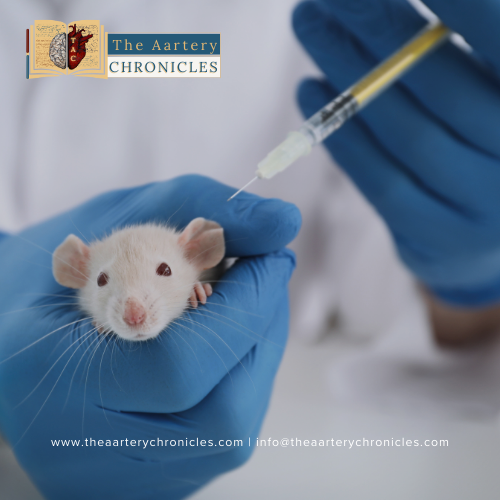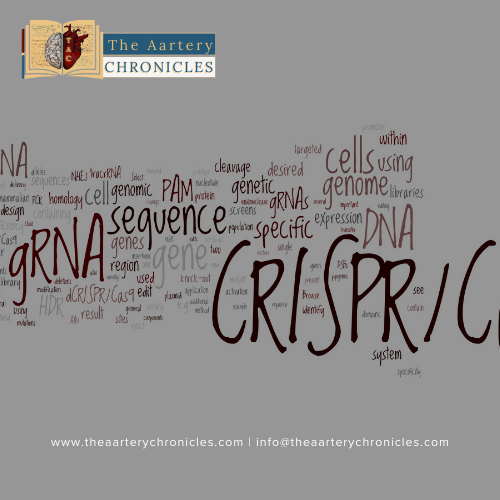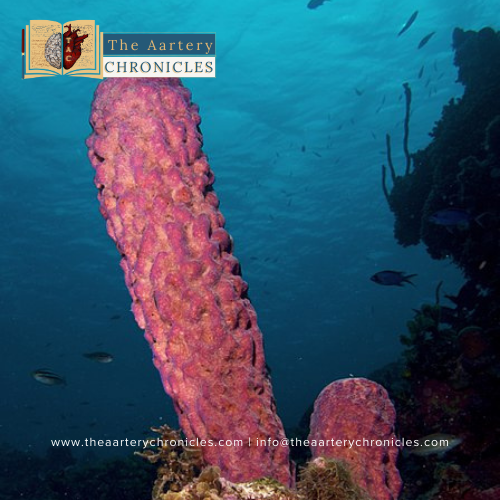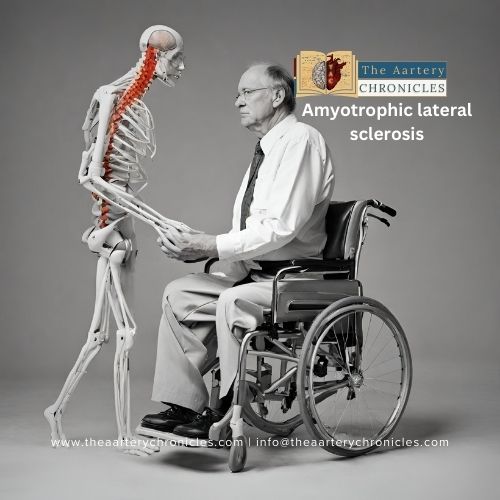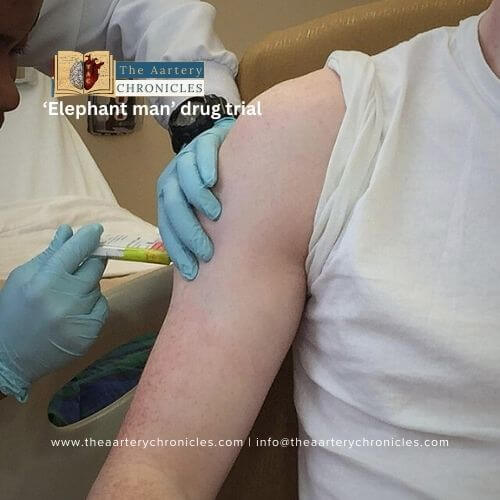
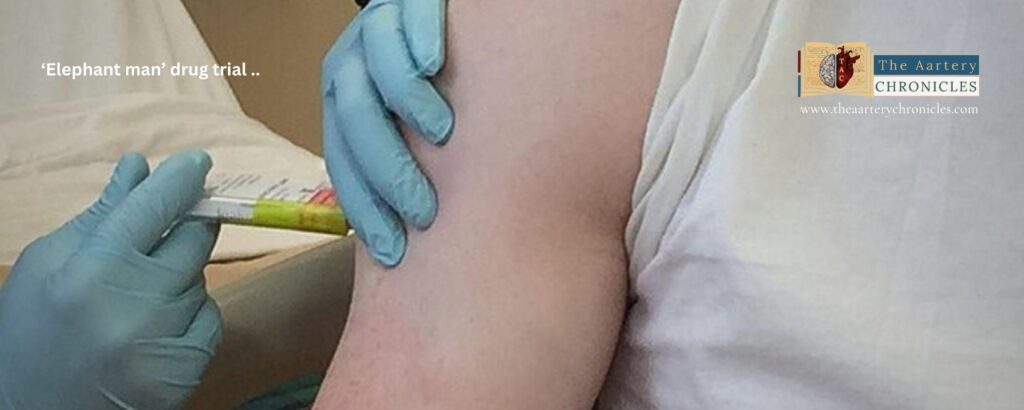
Cautionary Tale: The TGN1412 Clinical Trial and the 'Elephant Man' Incident
What is TGN1412?
Theralizumab or TGN1412 is a humanized monoclonal antibody that was created as an immunotherapeutic for the treatment of rheumatoid arthritis and B-cell chronic leukemia. It was found to be a strong agonist for T cells, for the CD28 receptor. Only a little evidence of toxicological responses was seen during the pre-clinical studies in non-human primates and rodents.
The Drug Trial
Phase 1 clinical trial of TGN1412 was conducted in 2006, which resulted in a cytokine storm. The initial infusion involved a dosage 500 times lower than what was deemed safe in animal experiments. Paraxel conducted the first clinical trial for TeGenero at Northwick Hospital, UK. The volunteers encountered serious side effects which prompted a reassessment of the safety of the medication and the preclinical testing procedures
Cytokine Storm and the Trial Failure
Cytokine storm is a life-threatening condition where immune cells are hyperactivated and cytokine levels get elevated. The infusion during the trial led to the release of proinflammatory cytokines resulting in symptoms such as pain, fever, and multiple organ failure because of hypotension. The trial failure was ultimately attributed to the variations in CD28 expression between human and non-human species used in preclinical studies on CD4+ effector memory T-cells.
The ‘Elephant Man’ Incident
One of the participants of the trial, Mohammed Abdalla encountered severe health effects. His symptoms were described as the development of a ballooned head. This instance led to the “Elephant man” comparison.
The Full Account of the Trial
Medical experts have affirmed that the participants in the London drug trial, which took place in March, experienced an immune reaction known as a cytokine storm. The findings validate the theories proposed by immunologists immediately following the trial, where six individuals were admitted to intensive care
TGN1412: The Experimental ‘Super-Antibody’ and and Its Unexpected Impact
The drug in question, TGN1412, was an experimental ‘super-antibody’ engineered to boost the immune system. Nonetheless, when administered to previously healthy volunteers, it triggered a substantial release of inflammatory molecules known as cytokines, as detailed by Dr. Ganesh Suntharalingam and his colleagues, the medical team responsible for treating the affected individuals at London’s Northwick Park Hospital. Their extensive findings have been published in the New England Journal of Medicine.
‘Elephant Man’ Drug Trial Controversy
The incident, commonly known as the ‘elephant man’ drug trial, attracted significant attention, largely fueled by media reports featuring statements from the girlfriend of one of the participants. Dr. Suntharalingam clarified that a considerable portion of the observed swelling in patients did not directly result from the drug but rather stemmed from the treatment implemented to mitigate the drug’s adverse effects. Patients received substantial fluid volumes to restore what was lost through leaking blood vessels. Dr. Suntharalingam emphasized that such swelling is not unusual in severely ill patients, aligning with intensive care standards.
Immunological Mysteries
Initially, immunologists had posited a potential connection between symptoms like headaches, multiple organ failure, and capillary leakage and the cytokine release from immune cells identified as helper T cells. The drug, crafted to circumvent a T-cell activation control point, had exhibited promising outcomes during animal trials.
Clinical Trial Fallout
The information provided by Dr. Suntharalingam and his team is based on blood samples and medical tests administered to the volunteers during the 30 days following the trial. Dr. Suntharalingam declined to comment on recent reports indicating potential early signs of cancer and severe immune disease in some participants, citing patient confidentiality and ongoing legal proceedings. It’s worth noting that the German company TeGenero, responsible for the drug’s development, has declared bankruptcy since then.
In response to the incident, a UK government expert working group recommended in July that drug trials should refrain from administering a new medicine to many volunteers simultaneously, among other precautions.
Conclusion
The TGN1412 trial highlights the need for a better understanding of immunological differences between species and the possibility of severe immune reactions in humans, serving as a cautionary tale in the development and testing of biological medicines
Source: Inputs from various media Sources

Priya Bairagi
- Medicine and Diseases
- Nutrition and Diet
Lorem ipsum dolor sit amet, consectetur adipiscing elit. Ut elit tellus, luctus nec ullamcorper mattis, pulvinar dapibus leo.






